President Muhammadu Buhari has spoken. In supporting the naira reissue, he has joined Godwin Emefiele’s frantic search for the missing N2.7 trillion underground liquid money.
In a Sunday, October 30, 2022, statement, his aide, Shehu Garba, explained why the President is backing Central Bank of Nigeria’s Godwin Emefiele in this project of redesigning or re-issuing the naira notes; he says it’s the panacea for ‘hoarding’ the Naira.
Join our WhatsApp ChannelBuhari and Emefiele want to catch those illegally hoarding the currency, especially politicians wishing to buy votes and ransom-taking kidnappers who have, so far, received billions of naira in unofficial money.
Whether money launderers and kidnappers actually store value in naira or other stronger currencies is a matter of conjecture. The CBN has confirmed that, of the over N3 trillion in liquid circulation, at least N2.7 trillion is underground. It must find and return it to circulation!
Buhari’s support for CBN and its naira redesign agenda came days after his Finance Minister, Zainab Ahmed, and the organised private sector, led by the Lagos Chamber of Commerce and Industry (LCCI), disowned Godwin Emefiele and the CBN on the currency project.
Changing currency design, as Buhari did in 1984 when, as Army General, he seized power from the Alhaji Shehu Shagari administration, will ordinarily address the challenge of ‘underground money,’ but such important monetary policy intervention can only be deemed smart enough if the Naira still retains its real value. There are concerns that history may just be repeating itself; Naira had ceased to be a tradable currency globally after that 1984 currency reissue.
With the current reissue, it might cease to be a tradable currency in West Africa, which could further diminish Nigeria’s geopolitical relevance, even in its own backyard. The currency of preference for Nigerians is Dollars, not Naira. Arguably, over $10 billion is under their mattresses; the equivalent of N7.5 trillion, nearly three times the N2.7 trillion “cash-in-hand” that the CBN finds outrageous.
Crypto is trending too within the “hoarding ecosphere.” Nigeria was number 7 on the Global Crypto Adoption Index six months ago, until China, Russia and two others displaced it four notches down to number 11 currently.
For the CBN, this has been on a familiar terrain since 2003. On August 14, 2007, Professor Charles Chukwuma Soludo-led CBN shortly after his 2005/2006 banking consolidation, announced a $1 billion Strategic Agenda for the Naira; it was termed a redenomination project of the currency. Eggheads at the CBN of the time drew from the experience of Angola, Turkey, Ghana, among others, to rationalize their case for naira redenomination as it was called. However, a brief investigation would reveal that Angola had a war-time inflation rate of over 4,125% and Turkey Lira exchanged at 1,500,000 to the Dollar. Compared to those examples, Nigeria was two parallel universes apart, given its exchange rate of N125 and inflation rate of 9% at the time.
Again, the ‘autonomous’ CBN at the time did not need to consult the then President Umaru Musa Yar’Adua before taking the dive; the apex bank was, indeed relying on its autonomy as per the CBN Act of 2007, especially as the new president was still trying to find his feet after assuming office.
Of course, President Yar’Adua gave Soludo one dirty look and never renewed his employment contract.
An important factor in the naira hoarding narrative is that 2023 general election is in the mix; While naira note could be the convenient unit of exchange for vote buying, ‘upstream’, it peters into thin air in deference to the all-pervasive Dollar that has overtime become the more convenient ‘legal tender’ for politicians to negotiate with Nigeria’s political ‘king makers.’
In a pre-election year, this tendency should be the worry of managers of the Naira as a currency. Ironically, the forex market dynamics, not currency reissue, is the actual end-user domain where the President Muhammadu Buhari’s federal government should intervene more actively to tame this monster.
The most uptick in the black market rate since the announcement of the naira re-issue is four percent, and is partly driven by cross-border activities given the Naira reach across the sub-region, which underscores the absence of industrial scale Naira hoarding.
Ironically, Dollar hoarding, or better still currency substitution, is fueled, in part, by the CBN through their directive to banks to pay Dollars on Western Union’s inbound remittances and their exchange rate policy.
The 85/15 ratio between the public cash holding and banks’ vaults is really a natural distribution because of the 42 million unbanked Nigerians, the 30 million underbanked – even the banked – plus the gap in electronic payment penetration. Any attempt to alter this ratio would decelerate the velocity of cash transactions and affect gross output.
eNaira has only onboarded 1 million users in 12 months, meaning that near-full scale electronic payment penetration is still a long way off.
On the whole, the rationale advanced for a new naira reissue does not seem to be rooted in reality: The Naira notes will still get filthy; ransom will still be paid in Naira; if scarce, kidnappers may resort to Dollars or crypto; the public/banks cash ratio will revert to 85/15 after a few iterations if any. The 5 to 8 years as standard frequency of currency reissue is a farce; counterfeiting will go on unabated, (ask the Indians). In short, the cock will still crow at dawn.
Perhaps, another major concern should be the cost of design and printing eight billion notes. Conservative estimates indicate it could gulp as much as $1.2 billion with little or no tangible benefits to justify the cost.
Based on rough calculations, printing 1,000,000,000 of N1,000 notes, at unit cost of 15 cents, could cost as much as $150,000,000; 2,000,000,000 of N500 notes, $300,000,000; and 5,000,000,000 of N200 notes, $750,000,000.
Nigeria’s ‘runaway’ inflation has forced many to see foreign currencies, especially the more convenient dollar, as the real store of value for the Naira. As unfortunate as this may seem for corporate Nigeria, it is the only logical survivalist action for the ordinary Nigerian in personal finance.
Prime Business Africa‘s Uduegbunam Chukwujama had, in his exclusive analysis in September, revealed that the dollar could hit as much as N1,000, or something pretty close, by the end of 2022 and that the central bank could be considering naira devaluation by other means in response to the confusing situation.
The PBA report indicated that ”the Naira is inching closer and closer to official devaluation on the back of fund rate hikes in the United States of America, United Kingdom and the rest of Europe.”
I have reason to doubt the seemingly reasonable explanation that the move for new naira designs by the CBN does not in any way connote devaluation as predicted by PBA’s Chukwujama. What if the redesign of N200, N500, N1,000 notes also introduces a higher denomination of the naira, say N2000 or even more outlandishly, N5000? What other form could Naira devaluation take, considering that, by subtly adding a higher denomination of currency note, the CBN would still be acting within the ambit of the law?
Still on inflationary trends, the numbers, year-on-year, have been particularly alarming. It has been the same trend, month-on-month, in the last few quarters.
A cursory look at the last three months will suffice to show why the naira could have got its worst beating as means of exchange for goods and services.
Putting it in the words of Trading Economics, Nigeria’s September inflation rate hit new 17-year high, accelerating for the eighth straight month to 20.77% from 20.52% in the prior month. ‘‘The highest reading since September of 2005, even after a recent 150 bps rate hike by the central bank, largely due to a weaker currency that raised the costs of imported products.
Food inflation, according to Trading Economics, also climbed for the seventh straight month to 23.34%, the highest since October of 2005, amid supply disruptions caused by widespread flooding and higher import costs. Upward pressure also came from non-food products, namely transportation (18.7% vs 18.2%), of which fuels, miscellaneous goods & services (17.2% vs 16.7%) and housing & utilities (16.4% vs 15.9%). The annual core inflation rate, which excludes costs of farm produce, rose for the sixth straight month to 17.6% in September, the highest since January of 2017. On a monthly basis, consumer prices increased by 1.36%, the least in 10 months, after rising by 1.77% in the previous month
In August, the annual inflation rate had accelerated to 20.52 percent, from 19.64 percent in the previous month, ‘‘above market expectations of 20.25 percent and remaining at the highest since September 2005, according to Trading Economics. Food inflation had also quickened to 23.12 percent, from 22.02 percent in July amid higher prices for staples, including rice and bread. Also, a weakening naira continued to pressure cost of imports up. On a monthly basis, consumer prices rose 1.77 percent, following a 1.82 percent increase in July.
The above scenarios show the real problem of value for the naira, hence the need to look deeper at more pragmatic, cost-saving and productive options.
The Other narrative
If 70% of $100 bills are outside the United States and this is considered an excellent geopolitical asset for the country, what lessons do we learn from our present fiscal and monetary policy challenges?
my conclusion is that while, it is important to put the ‘circulatory’ naira in check and under effective purview – a very important function of monetary policy managers – the chronic and perennial forex scarcity is symptomatic of Nigeria’s poor monetary and fiscal ecosystem.
As examined in one of my informal ‘colloquiums’ with good friend and colleague, Mr Sam Diala of the Will Newspaper, how to ‘manufacture’ this scarce, precious commodity called Forex remains the missing link. What can we do to strengthen our production base so that the 70/35 currency circulation ratio is not hurtful but a strength as is the case with the US we easily cite for reference, for me, is where the the missing link lies.
No doubt, the economy is mismanaged – mostly at the fiscal ecosystem – and the mess is what we see in the monetary policy environment.
Let’s redesign the production base and show evidence of our determination to manage our resources efficiently.
Perhaps, where Nigeria needs the most miracle is in finding the political will to change its ‘ways and means’- my layman’s thinking!
Dr Marcel Mbamalu is a Development Journalist, Trainer and Media Consultant
Dr. Marcel Mbamalu is a communication scholar, journalist and entrepreneur. He holds a Ph.D in Mass Communication from the University of Nigeria, Nsukka and is the Chief Executive Officer Newstide Publications, the publishers of Prime Business Africa.
A seasoned journalist, he horned his journalism skills at The Guardian Newspaper, rising to the position of News Editor at the flagship of the Nigerian press. He has garnered multidisciplinary experience in marketing communication, public relations and media research, helping clients to deliver bespoke campaigns within Nigeria and across Africa.
He has built an expansive network in the media and has served as a media trainer for World Health Organisation (WHO) at various times in Northeast Nigeria. He has attended numerous media trainings, including the Bloomberg Financial Journalism Training and Reuters/AfDB training on Effective Coverage of Infrastructural Development of Africa.
A versatile media expert, he won the Jefferson Fellowship in 2023 as the sole Africa representative on the program. Dr Mbamalu was part of a global media team that covered the 2020 United State’s Presidential election. As Africa's sole representative in the 2023 Jefferson Fellowships, Dr Mbamalu was selected to tour the United States and Asia (Japan and Hong Kong) as part of a 12-man global team of journalists on a travel grant to report on inclusion, income gaps and migration issues between the US and Asia.





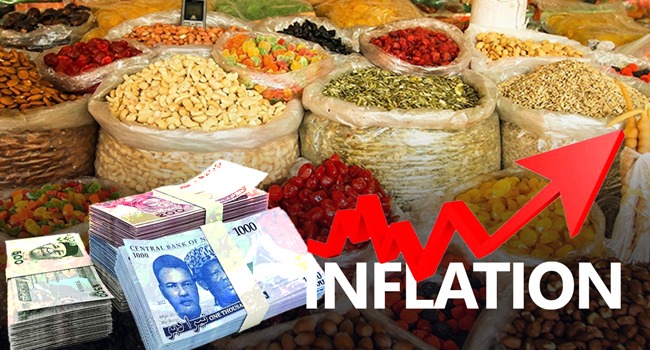

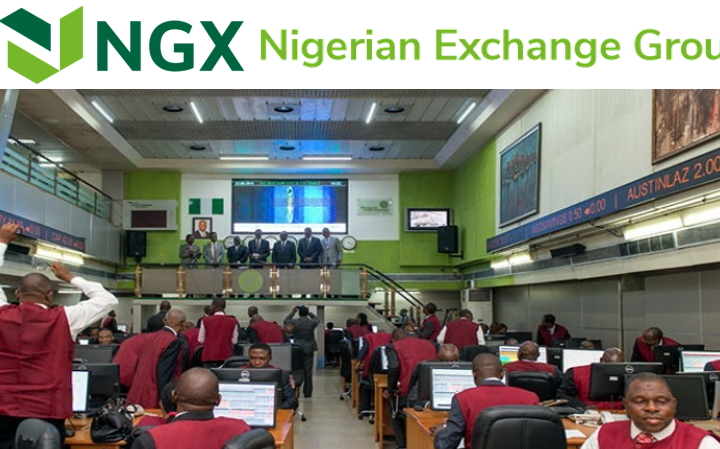
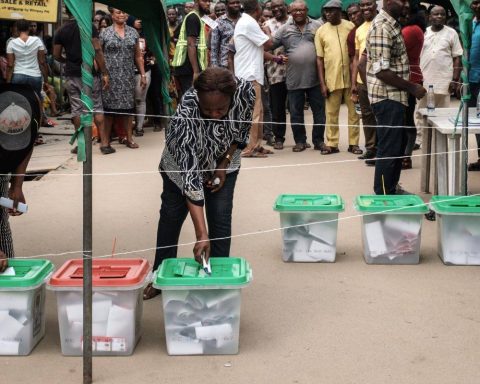
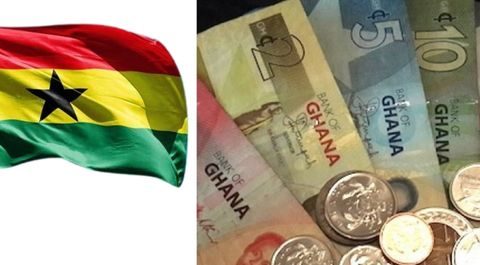
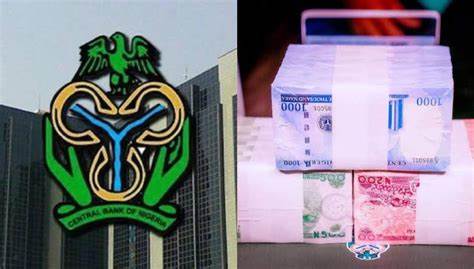
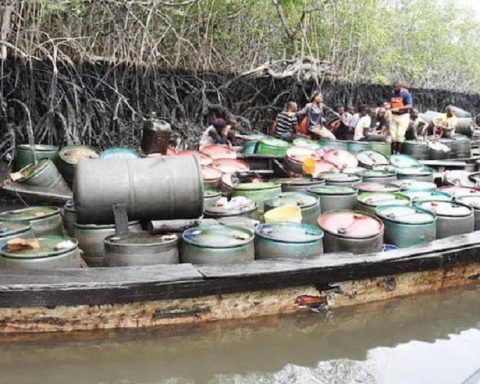


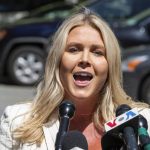

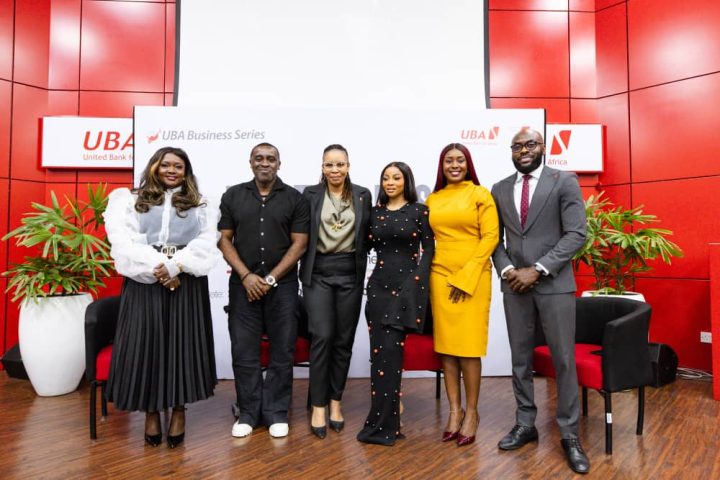
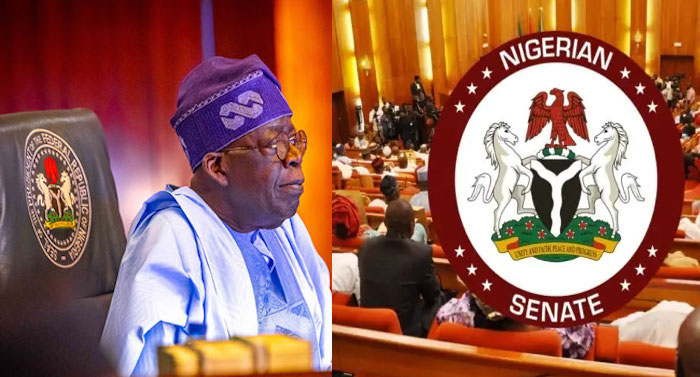
The last paragraph summarizes the problem with our leaders.
The penultimate paragraph is a key block needed in our economic reenginerring
The CBN currency redesign is simply a simply a red herring.